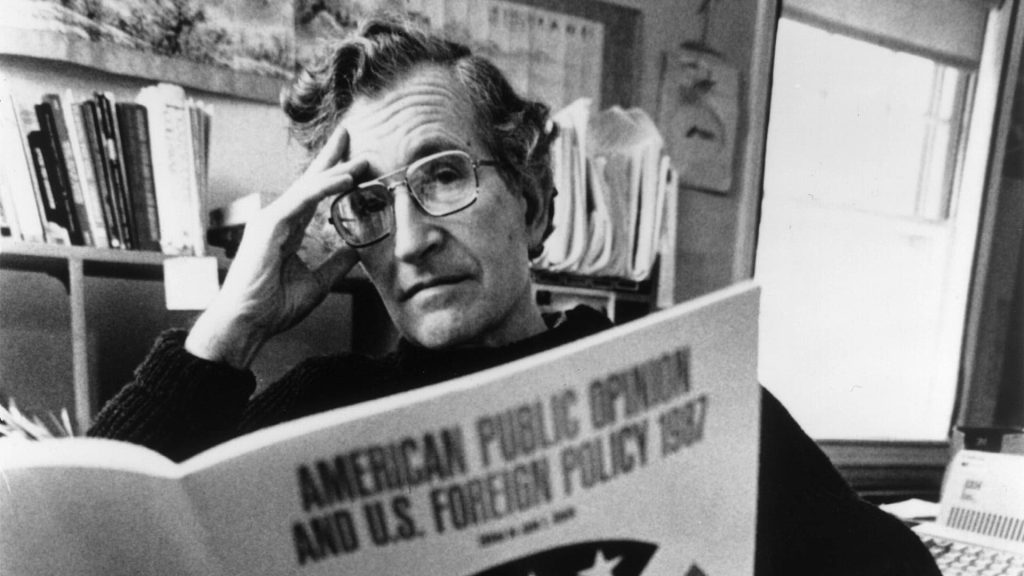The term “manufacturing consent” was popularized by Noam Chomsky and Edward S. Herman in their seminal work, Manufacturing Consent: The Political Economy of the Mass Media (1988). This theory posits that mass media serves as a propaganda tool for powerful societal interests, shaping public perception and opinion to align with elite agendas (Chomsky 1988).

Chomsky and Herman outlined five “filters” that govern media production:
- Ownership: Media outlets are often owned by large conglomerates with vested interests, leading to content that aligns with corporate agendas.
- Advertising: Media organizations rely on advertisers for revenue, trying not to alienate sponsors.
- Sourcing: Dependence on government and corporate sources shapes narratives, which controls access to information.
- Flak: Negative responses against dissenting voices discourage critical reporting.
- Anti-communism (and more broadly, ideological framing): Ideological biases, such as patriotism, influence how stories are framed.
Is consent still manufactured in mass media in the digital age? Apparently. According to the Aeon video, the move from a print world to a digital world challenged and recalled much of the world’s control from the print era, but it continued in many ways too (Aeon 2022). For example, print created a rigid ownership of identity and information, yet in today’s world, anyone with a thought can easily post and self-publish and become a viral sensation—just as easily as they could spread lies—although access to print was once limited enough to avoid such widespread falsehoods.
Chomsky’s theory relies upon awareness that media enterprises exist and that they are subject to ideological realities and, ultimately, the capacity to self-censor. Thus, the structural elements (who runs the media, who sponsors it) are more important than what gets disseminated to the public and, eventually, forgotten over time. The Collector supports Chomsky and Herman’s propaganda model as still applicable to contemporary theory because far too many factors go ignored because they do not fit the agenda of the masses in charge (Dunne 2023).

It becomes even more complicated with the Internet. Where, for example, people seemingly would never have the chance to challenge authority, modern times give rise to citizen-created media and citizen activism through the Internet in an attempt to make the playing field more equal regarding authority. Simultaneously, this access enables inequality, where social media is equally a tool for propaganda as it is an access point for sensationalized, controversial information. The Print shows how the media makes consent foster more hate than hope (Comeforo 2010).
But there are ways to combat the generation of consent. Independent media and freelance journalists seek to present alternative narratives, often investigating and exposing those in power. In addition, media literacy efforts exist to teach the general population how to avoid falling for such information and recognizing propaganda. Ultimately, the idea of manufactured consent is still relevant. When the media can sway millions of people, it’s crucial, now more than ever, for people to recognize how the media tries to sway them.
Reference
Aeon (2022). Is mass media still ‘manufacturing consent’ in the internet age? | Aeon Videos. (2022). aeon.co. Available at: https://aeon.co/videos/is-mass-media-still-manufacturing-consent-in-the-internet-age [Accessed 17 Oct. 2022].
Chomsky, N. and Herman, E. (1988). A Propaganda Model, by Noam Chomsky (Excerpted from Manufacturing Consent). [online] Chomsky.info. Available at: https://chomsky.info/consent01/.
Comeforo, K. (2010). Review Essay: Manufacturing consent: The political economy of the mass media. Global Media and Communication, 6(2), pp.218–230. doi:https://doi.org/10.1177/1742766510373714.
Dunne, L. (2023). Manufacturing Consent: Noam Chomsky on Politics & Media. [online] TheCollector. Available at: https://www.thecollector.com/manufacturing-consent-noam-chomsky/.

